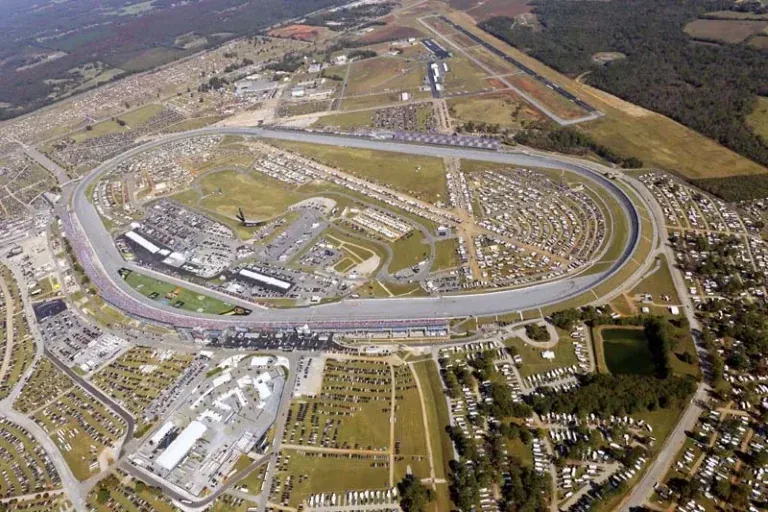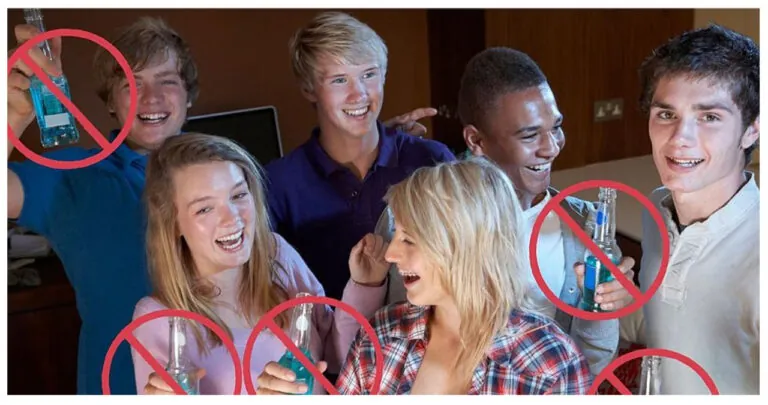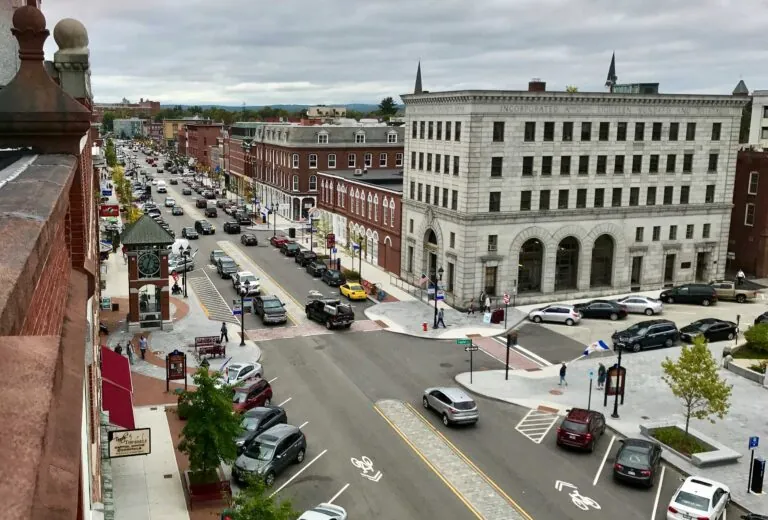This michigan City Takes the Lead in Highest Cancer Rates in the State
The city of Benton Harbor, Michigan, has the highest cancer rates in the state. According to the Michigan Cancer Surveillance Program, cancer rates in Benton Harbor are 20% higher than the state average. The city’s cancer rates are also higher than the national average.
There are a number of factors that may contribute to the high cancer rates in Benton Harbor. One factor is poverty. Benton Harbor is one of the poorest cities in Michigan, with a poverty rate of over 30%. Poverty has been linked to a number of health problems, including cancer.
Another factor that may contribute to the high cancer rates in Benton Harbor is environmental pollution. The city has a history of industrial pollution, and there are concerns that this pollution may be contributing to the high cancer rates.
Potential Causes of the High Cancer Rates:
- Poverty: Poverty is a major risk factor for cancer. People who live in poverty are more likely to be exposed to environmental toxins, to have less access to healthy food and healthcare, and to experience stress, which can all increase the risk of cancer.
- Environmental pollution: Benton Harbor has a history of industrial pollution, and there are concerns that this pollution may be contributing to the high cancer rates. The city’s water supply has also been contaminated with lead and other toxins.
- Genetics: Some people are more genetically susceptible to cancer than others. However, genetics is estimated to account for only about 5-10% of cancer cases.
- Lifestyle factors: Lifestyle factors such as smoking, obesity, and excessive alcohol consumption are also risk factors for cancer.
What is Being Done to Address the Problem?
There are a number of things that are being done to address the high cancer rates in Benton Harbor. The city has launched a number of initiatives to improve public health, including programs to reduce poverty, improve access to healthcare, and reduce exposure to environmental toxins.
The city is also working to clean up its environment. The city has closed a number of polluting factories and is working to clean up contaminated soil and water.
In addition, the city is working to raise awareness of cancer and to encourage people to get screened for cancer early. The city offers free cancer screenings to residents who are uninsured or underinsured.
Conclusion:
The high cancer rates in Benton Harbor are a serious public health problem. There are a number of factors that may contribute to the high cancer rates, including poverty, environmental pollution, genetics, and lifestyle factors.
A number of things are being done to address the problem, including programs to improve public health, clean up the environment, raise awareness of cancer, and encourage people to get screened for cancer early.
Additional Information:
- According to the Benton Harbor Cancer Collaborative, the most common types of cancer in Benton Harbor are lung cancer, breast cancer, and prostate cancer.
- The Benton Harbor Cancer Collaborative is a group of organizations that are working together to reduce the cancer burden in Benton Harbor. The Collaborative is working to address the social, environmental, and economic factors that contribute to cancer.
- The Collaborative is also working to improve access to cancer prevention, screening, and treatment services.
The high cancer rates in Benton Harbor are a complex problem with no easy solutions. However, the efforts of the city and the Benton Harbor Cancer Collaborative are making a difference.
Read More: This Mississippi City Takes The Lead In Highest Cancer Rates In The State
FAQ’s
Q: What is the government doing to address the high cancer rates in Benton Harbor?
A: The government is working to address the high cancer rates in Benton Harbor through a number of initiatives, including:
- Providing funding for public health programs to reduce poverty, improve access to healthcare, and reduce exposure to environmental toxins.
- Working to clean up the environment by closing polluting factories and cleaning up contaminated soil and water.
- Raising awareness of cancer and encouraging people to get screened for cancer early by offering free cancer screenings to residents who are uninsured or underinsured.
Q: What can individuals do to reduce their risk of cancer?
A: There are a number of things that individuals can do to reduce their risk of cancer, including:
- Quitting smoking
- Maintaining a healthy weight
- Eating a healthy diet
- Exercising regularly
- Avoiding excessive alcohol consumption
- Getting screened for cancer regularly
Q: What is the Benton Harbor Cancer Collaborative?
A: The Benton Harbor Cancer Collaborative is a group of organizations that are working together to reduce the cancer burden in Benton Harbor. The Collaborative is working to address the social, environmental, and economic factors that contribute to cancer. The Collaborative is also working to improve access to cancer prevention, screening, and treatment services.
Q: What are the most common types of cancer in Benton Harbor?
A: According to the Benton Harbor Cancer Collaborative, the most common types of cancer in Benton Harbor are lung cancer, breast cancer, and prostate cancer.
Q: What can I do to help reduce the cancer burden in Benton Harbor?
A: There are a number of things that you can do to help reduce the cancer burden in Benton Harbor, including:
- Donating to the Benton Harbor Cancer Collaborative
- Volunteering your time to help with the Collaborative’s programs and initiatives
- Raising awareness of the high cancer rates in Benton Harbor and encouraging others to get involved in efforts to reduce the cancer burden.







